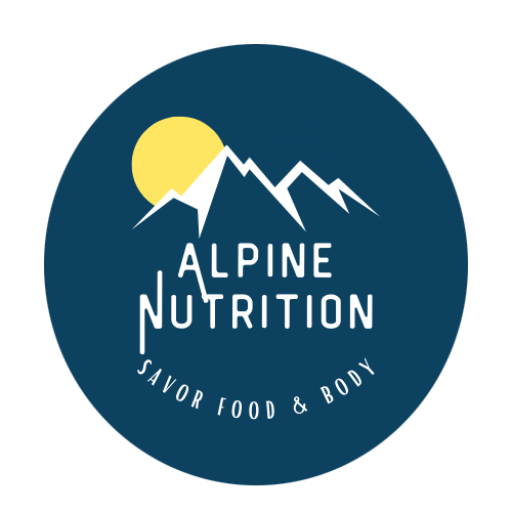Is this what a midlife crisis looks like?
I remember when my Dad retired.
In his new found free time, he got hooked watching Barrett-Jackson collection car auction tv shows. He became obsessed with wanting a Porsche Cayman sportscar and I immediately thought “uh oh…midlife crisis”.

What is a midlife crisis anyway?
There’s still some debate on if the midlife crisis is a thing because it’s not a diagnosed medical condition. But, one long term study indicated that 26% of Americans reported having one.
For those that reported having one, the crisis generally took place between the ages of 40’s – 60’s and included thinking about identity, self-confidence, life accomplishments, aging, weight, health, etc.
Although it’s stereotyped that many men want sportscars during their midlife crisis, what does it look like for women? Is there a different trigger for women?
A midlife crisis for women can be triggered by big life changes like children going off to college, taking care of aging parents, recognizing signs of aging in their own bodies or getting a divorce.

What’s not widely known is that these common events are also triggers for disordered eating behaviors (or dieting) in women during what could be the prime of their life.
You’re thinking, “What? I thought eating disorders were for high schoolers and college women.”
According to Dr. Margo Maine, a clinical psychologist specializing in eating disorders, disordered eating spans across many age groups. For example, a study conducted with 45-64-year-old Canadian women indicated a higher incidence of binge eating compared to younger women.
Any major life transitions can be disruptive. It’s understandable to want to maintain a Superwoman image that we can do-it-all without being impacted, even though our lives may feel out of control. Disordered eating and body image obsessions may start off as coping strategies when life hits the fan. But when taken too far, these behaviors dramatically impacting our quality of life.
Dr. Margo Maine outlines some ways to cope in these situations in her book Pursuing Perfection:
- Converting negative self-talk into cognitive restructuring.
This was a huge aha moment for me. I started thinking about how I talk to myself and I’m didn’t realize how much negative self-talk I do. I wouldn’t speak that way to my family and friends. Why would I treat myself this way? Reiterating positive messages around your home or at work is great to start changing this behavior.
-
- Create balance in your life by finding self-care activities that nourish your soul.
For example, dance while listening to your favorite music, go for a walk outdoors, color in a coloring book, or meditate. These are simple practices can be soothing for the soul. These are some of my personal self-care activities. Take some time to figure out your favorite way to relax and care for yourself. It doesn’t have to be flashy, expensive, or take up a whole day. It just needs to bring you peace and hopefully out of your head and into your body.
-
- Have a different approach to weight and food.
As mentioned in a previous blog post, let’s not reduce health to a number on a scale and instead focus on accepting and respecting bodies of all shapes and sizes. Practice embracing the principles of Health at Every Size® (HAES) which takes a balanced nutrition and behavioral approach based on individual needs. And throw out the weight scale and food scale! They do nothing but validate your critical thoughts.
As we all go through our midlife journey, let’s commit to being kind to ourselves and embrace our authentically beautiful bodies.
And if you are wondering if my Dad ever got that Porsche? He bought a Subaru Forester. A practical car to meet all his paddleboarding needs.
If you’re an active woman, in the prime of life, and you find yourself wondering if this is your midlife crisis, consider Private Nutrition Counseling. You’ll receive a ton of practical, action-packed tools, resources, professional coaching, and access to an amazing community of women who are all about cheering each other on through the Savor Food & Body journey. Find details and registration HERE.
References:
Dennett, C. (2019, Jun 20). An overlooked crisis: Eating disorders among women in midlife. The Washington Post. Washington, D.C.
Lachman, M. E. (2004). DEVELOPMENT IN MIDLIFE. Annual Review of Psychology, 55, 305-31. doi:10.1146/annurev.psych.55.090902.1
Margo, M., & Kelly, J. (2016). Pursuing perfection. New York, NY: Routledge. ISBN-13: 978-1138890725




